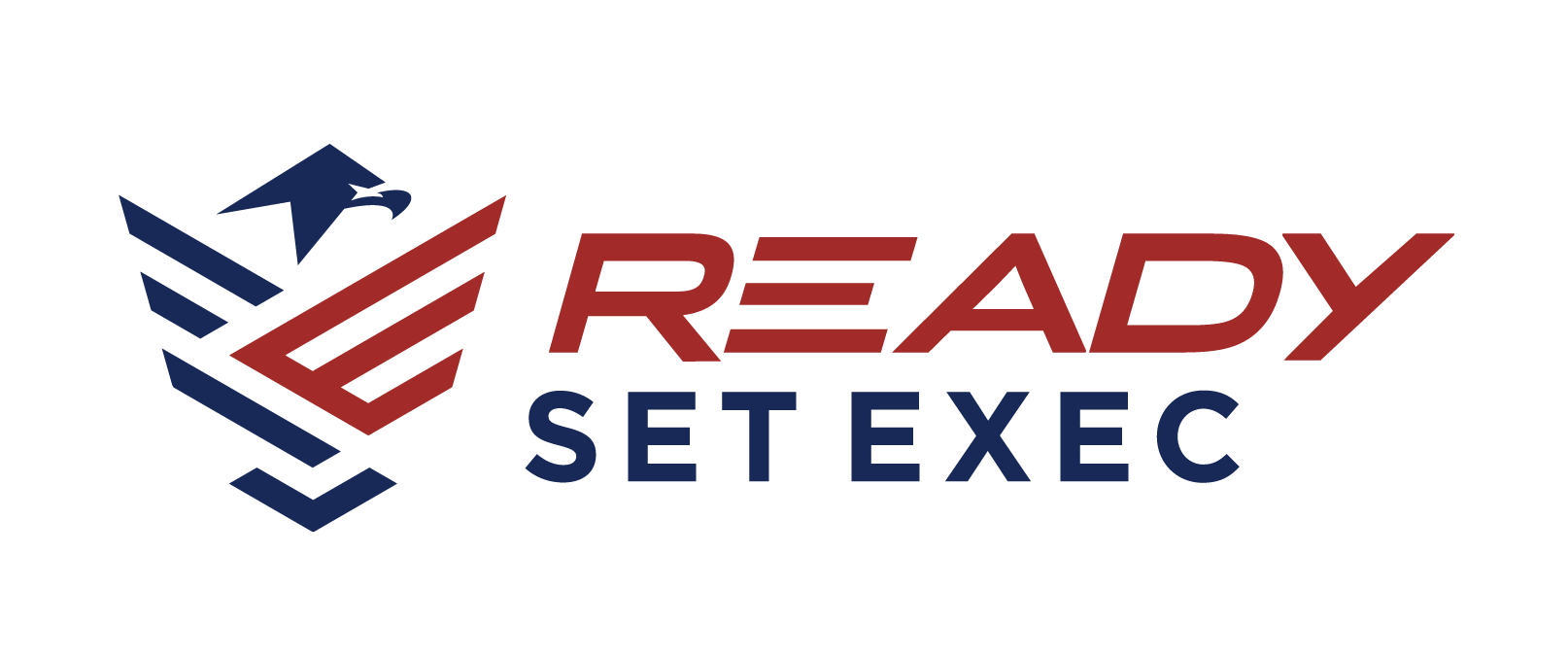“Most bad hires weren’t unqualified. They were the wrong fit for what the company actually needed.”
Hiring criteria are necessary — but they’re not the full picture. Too many companies filter candidates based on credentials or surface traits, missing the deeper alignment that leads to long-term success.
What matters isn’t just what someone’s done. It’s how well they’ll solve your problems.
The Trap of Static Hiring Criteria
Hiring criteria often become a box-ticking exercise:
Specific title progression
Familiar tech stack or process
These filters may reduce risk, but they can also exclude creative, strategic thinkers who’ve solved bigger problems in different ways.

Recruitment Executive Search
We choose the right person for the right role
Confusing credentials with outcomes
Copy-pasting job descriptions from competitors
Equating “industry fit” with long-term success
Reframe the Role Around the Outcome
Start here instead:
Define “hiring readiness” before the search starts
Use structured scoring and real-time debriefs
Ask: if this candidate walked away today, would we regret it?
Clarify: are we looking for better — or just not ready to commit?
Clarity accelerates. Indecision drags.
Top Talent Doesn’t Sit Still
Executives aren’t waiting. The longer you hesitate:
What will this person need to accomplish in the first 12–18 months?
What obstacles will they face?
Where will they need to lead, not just execute?
This flips the script. Instead of asking, “What should they look like on paper?” you ask, “What should success actually look like?
Look for Signals, Not Labels
Great hires often show:
Evidence of impact across different contexts
Resilience in ambiguous environments
Ability to scale with complexity
These signals often live outside of traditional boxes.
What Great Looks Like
A hiring team aligned on outcomes, not resumes.
A process that screens for problem-solving, not pedigree.
A candidate who matches your trajectory, not just your org chart.
Get Clear Internally First
Define what success actually looks like
Align the team on non-negotiables vs. “nice to haves”
Be ready to challenge your assumptions
TL;DR: Don’t Wait for “Better” Without a Reason
Prioritize outcomes over credentials
Define success in 12–18 months, not just today
Look for adaptable, pattern-driven thinkers
Challenge internal bias about what “qualified” means







